Short-Term Health Insurance: Pros and Cons
Short-term health insurance can be a valuable option for individuals who are in between jobs, waiting for coverage to begin at a new job, or are in need of temporary coverage for any reason. These plans typically provide coverage for a limited period of time, usually ranging from a few months to a year.
- 2/10/2024
- 3 min read
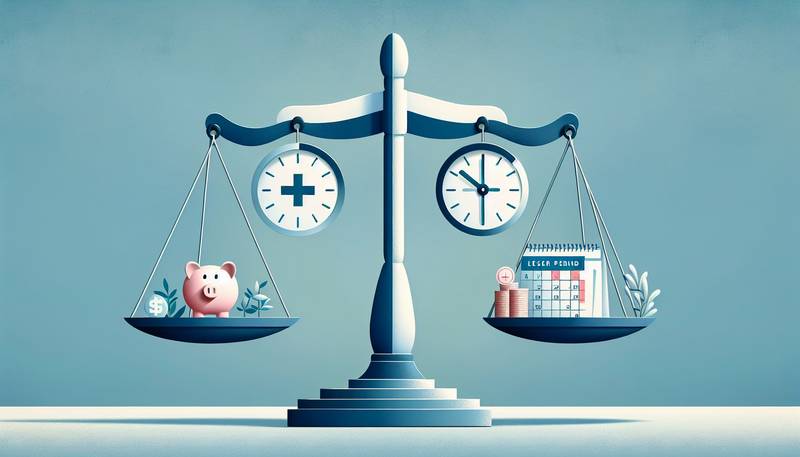 Click
to read the article
Click
to read the article
While short-term health insurance can offer some benefits, there are also drawbacks to consider before enrolling in a plan. In this article, we will explore the pros and cons of short-term health insurance to help you make an informed decision.
Pros of Short-Term Health Insurance
1. Cost-Effective Coverage
One of the main advantages of short-term health insurance is its affordability. These plans are typically much cheaper than traditional health insurance, making them a more cost-effective option for individuals who are looking to save money on their monthly premiums. This can be particularly beneficial for individuals who are in good health and do not require extensive coverage.
2. Flexibility
Short-term health insurance plans offer flexibility in terms of coverage duration. Unlike traditional health insurance plans, which require annual commitments, short-term plans can be purchased on a month-to-month basis. This allows individuals to tailor their coverage to their specific needs and budget, making it a convenient option for those who only need temporary coverage.
3. Quick Enrollment
Another benefit of short-term health insurance is the quick enrollment process. In most cases, individuals can enroll in a plan and begin coverage within a matter of days, providing immediate access to medical care. This can be especially useful for individuals who are in need of coverage right away and do not have time to wait for a traditional health insurance plan to take effect.
Cons of Short-Term Health Insurance
1. Limited Coverage
One of the main drawbacks of short-term health insurance is its limited coverage options. These plans typically do not cover pre-existing conditions, preventive care, maternity care, mental health services, or prescription drugs. This can leave individuals with significant gaps in their coverage and may result in higher out-of-pocket costs for certain medical treatments.
2. No Guaranteed Renewability
Unlike traditional health insurance plans, which guarantee renewability, short-term health insurance plans do not offer the same level of certainty. Once the initial coverage period expires, individuals may not be able to renew their plan or may be subject to medical underwriting, which could result in higher premiums or denial of coverage. This lack of guaranteed renewability can be a disadvantage for individuals who require ongoing medical care.
3. Limited Consumer Protection
Short-term health insurance plans are not required to comply with the same consumer protection regulations as traditional health insurance plans. This means that individuals may not have the same rights and benefits that are mandated by the Affordable Care Act, such as coverage for essential health benefits, limits on out-of-pocket costs, and the right to appeal coverage decisions. As a result, individuals may face greater uncertainty and potential financial risk when enrolled in a short-term health insurance plan.
In conclusion, short-term health insurance can offer some benefits, such as cost-effective coverage and flexibility in terms of enrollment. However, it also has drawbacks, including limited coverage options, lack of guaranteed renewability, and limited consumer protection. Before enrolling in a short-term health insurance plan, it is important to carefully consider your specific healthcare needs and budget to determine if this type of coverage is the right choice for you.
Recent posts
Random news

The Evolution of the Insurance Industry: A Historical Perspective
- 2024-03-01T00:00:00Z
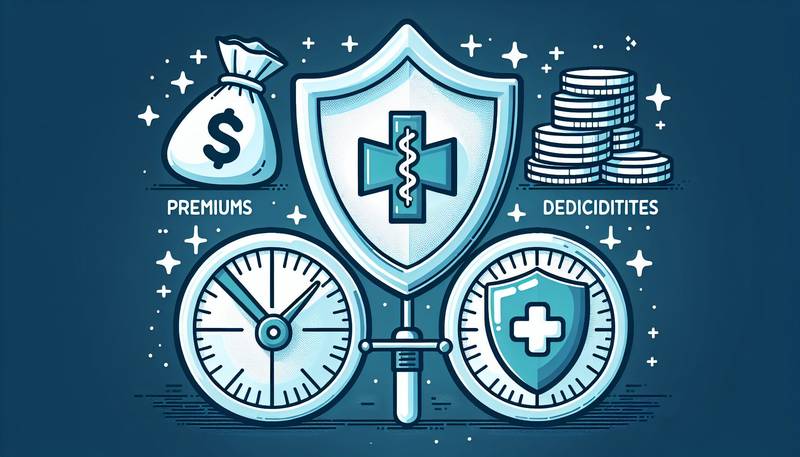
Understanding Premiums, Deductibles, and Coverage Limits
- 2024-01-15T00:00:00Z

The Role of Underwriting in Insurance
- 2023-12-27T00:00:00Z
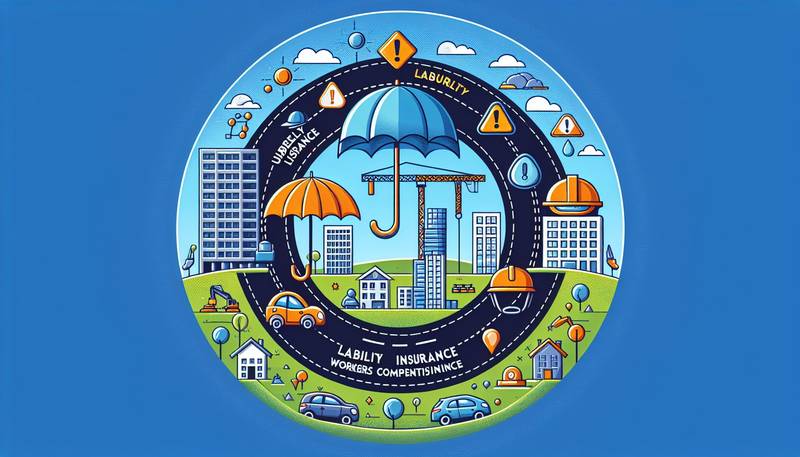
Exploring the Different Types of Liability Insurance
- 2023-12-11T00:00:00Z

The Benefits and Limitations of Whole Life Insurance
- 2024-03-06T00:00:00Z

An Introduction to Commercial Insurance for Business Owners
- 2024-02-02T00:00:00Z

Travel Insurance: Why It's Essential for Your Next Trip
- 2024-01-18T00:00:00Z

Renters Insurance: An Often Overlooked Necessity
- 2023-12-11T00:00:00Z

Pet Insurance: Is It Worth the Cost?
- 2023-12-30T00:00:00Z

Auto Insurance Essentials: What Every Driver Needs to Know
- 2023-12-14T00:00:00Z

Tips for Lowering Your Insurance Premiums
- 2023-12-30T00:00:00Z

Cyber Insurance: Protecting Businesses in the Digital Age
- 2024-02-04T00:00:00Z

The Importance of Disability Insurance in a Financial Plan
- 2024-01-27T00:00:00Z

Insurance and Natural Disasters: How to Protect Your Home
- 2023-12-19T00:00:00Z

The Impact of Technology on the Insurance Sector
- 2024-01-15T00:00:00Z

Critical Illness Insurance: What It Covers and Why It's Important
- 2023-12-29T00:00:00Z

Insurance Fraud: Detection, Prevention, and Consequences
- 2024-02-24T00:00:00Z

The Psychology Behind Insurance: Trust, Risk, and Decision Making
- 2023-12-30T00:00:00Z

The Global Insurance Market: Trends and Growth Opportunities
- 2023-12-14T00:00:00Z

The Intersection of Artificial Intelligence and the Insurance Industry
- 2024-02-12T00:00:00Z

Life Insurance: Securing Your Family's Future
- 2024-02-20T00:00:00Z

How Climate Change is Shaping the Insurance Industry
- 2024-03-08T00:00:00Z

Group Insurance Plans: Benefits for Employers and Employees
- 2024-02-09T00:00:00Z

Reinsurance Explained: How It Works in the Insurance Industry
- 2024-02-03T00:00:00Z

Environmental Liability Insurance: What Businesses Need to Know
- 2024-02-17T00:00:00Z

The Future of Insurance: Predictions and Innovations
- 2024-01-04T00:00:00Z

Insurance for Freelancers: Protecting Your Independent Career
- 2024-03-03T00:00:00Z

Annuities: Combining Insurance and Investment for Retirement
- 2024-03-17T00:00:00Z

Marine Insurance: Covering the Risks of Sea Transport
- 2024-01-28T00:00:00Z

Flood Insurance: Understanding Your Coverage Options
- 2024-02-03T00:00:00Z

The Role of Agents and Brokers in the Insurance Industry
- 2023-12-11T00:00:00Z

How Insurance Supports Economic Growth and Stability
- 2023-12-25T00:00:00Z

Vision Insurance: Seeing the Benefits Clearly
- 2024-02-22T00:00:00Z

Insurance Against Identity Theft: What You Need to Know
- 2024-02-07T00:00:00Z

The Rise of Telemedicine and Its Impact on Health Insurance
- 2024-03-17T00:00:00Z

Insurance in the Sharing Economy: Challenges and Solutions
- 2024-01-15T00:00:00Z

Digital Platforms Transforming the Insurance Buying Experience
- 2024-03-10T00:00:00Z

The Intersection of Blockchain Technology and the Insurance Industry
- 2024-03-07T00:00:00Z
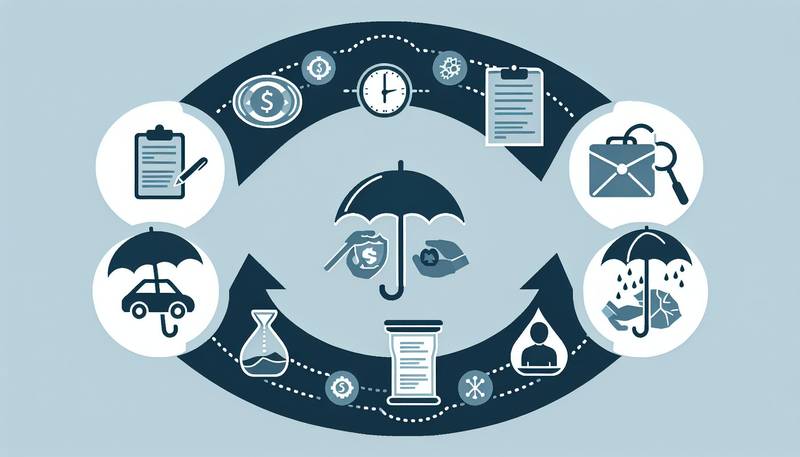
Understanding the Insurance Policy Lifecycle
- 2023-12-14T00:00:00Z

Understanding the Fine Print: Insurance Policy Exclusions
- 2024-02-11T00:00:00Z

Making Sense of Health Savings Accounts (HSAs) and Insurance
- 2024-03-12T00:00:00Z

Insurance and Public Health: A Complex Relationship
- 2023-12-27T00:00:00Z
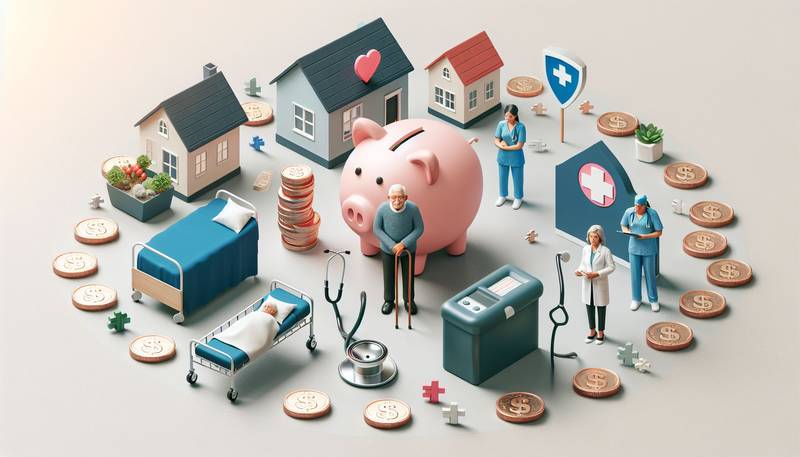
Long-Term Care Insurance: Planning for the Future
- 2024-02-23T00:00:00Z

Insurance Literacy: Understanding Your Rights and Responsibilities
- 2024-02-10T00:00:00Z

Insurance for Young Adults: What You Need to Know
- 2024-01-04T00:00:00Z

The Changing Landscape of Life Insurance: Trends to Watch
- 2024-03-02T00:00:00Z

Insurance Claims: A Step-by-Step Guide to Filing and Settlement
- 2024-02-21T00:00:00Z

The Economics of Insurance: How Markets Operate
- 2024-02-21T00:00:00Z

Bridging the Gap: Insurance and Social Justice
- 2024-03-08T00:00:00Z

The Ins and Outs of Motorcycle Insurance
- 2023-12-17T00:00:00Z

The Legal Landscape of Insurance: Key Regulations and Challenges
- 2024-01-28T00:00:00Z

Directors and Officers Insurance: Safeguarding Corporate Leaders
- 2023-12-25T00:00:00Z

A Guide to Managing Insurance Costs in Small Businesses
- 2024-02-27T00:00:00Z

Insurance and Retirement Planning: A Comprehensive Approach
- 2023-12-20T00:00:00Z

Mobile Home Insurance: Coverage and Considerations
- 2023-12-27T00:00:00Z

Disaster Preparedness: The Role of Insurance in Recovery
- 2024-02-25T00:00:00Z

Navigating the Complex World of Health Insurance
- 2024-01-17T00:00:00Z

The Significance of Actuarial Reports in the Insurance Industry
- 2024-02-21T00:00:00Z

How Insurance Policies Are Priced: The Basics of Actuarial Science
- 2024-03-14T00:00:00Z

The Psychology of Insurance: How Coverage Affects Behavior
- 2024-01-01T00:00:00Z

Dental Insurance: Navigating Coverage and Care
- 2024-01-22T00:00:00Z

Umbrella Insurance: Extra Protection Beyond Standard Policies
- 2023-12-31T00:00:00Z
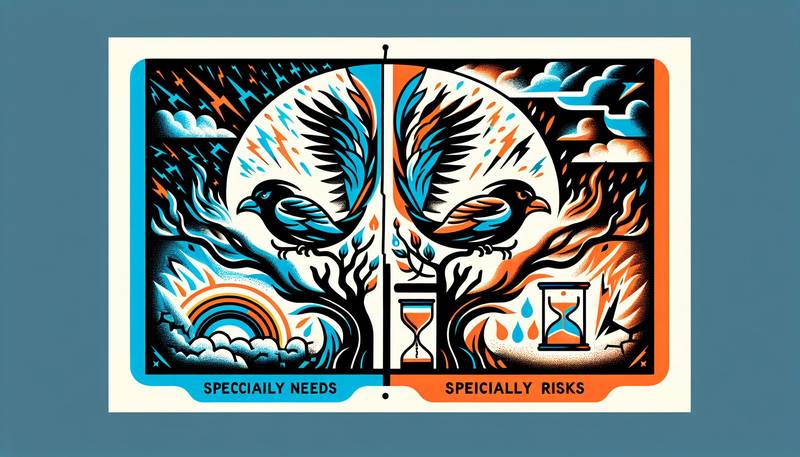
Specialty Insurance: Coverage for Unique Needs and Risks
- 2024-02-09T00:00:00Z

The Challenges and Benefits of High-Deductible Health Plans
- 2024-01-27T00:00:00Z

Understanding Coinsurance: What It Means for Your Wallet
- 2024-03-16T00:00:00Z

Crop Insurance: Supporting Farmers Through Uncertainty
- 2024-01-19T00:00:00Z
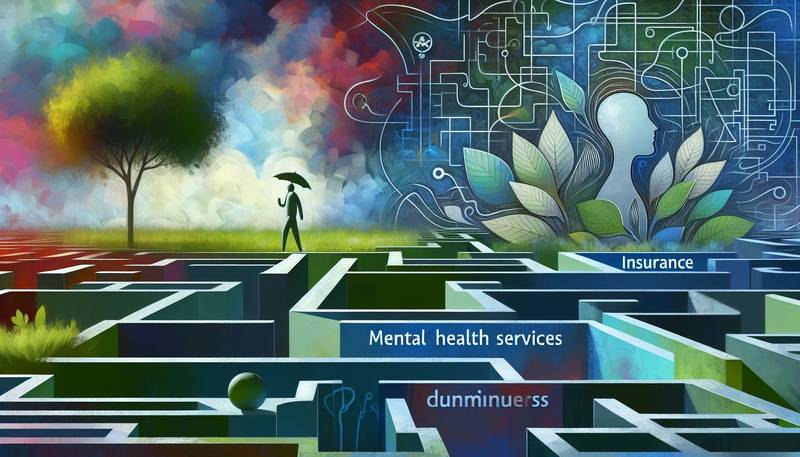
Navigating Insurance for Mental Health Services
- 2024-02-09T00:00:00Z

The Role of Insurance in Estate Planning
- 2024-01-23T00:00:00Z

How to Handle Insurance Claims Disputes
- 2024-01-21T00:00:00Z

Condominium Insurance: Understanding Policies and Protection
- 2024-03-09T00:00:00Z

Short-Term Health Insurance: Pros and Cons
- 2024-02-10T00:00:00Z

Understanding the Role of Insurance Adjusters
- 2023-12-25T00:00:00Z

Workers' Compensation: Ensuring Protection for Employees and Employers
- 2024-02-12T00:00:00Z

Healthcare Sharing Ministries vs. Traditional Health Insurance
- 2024-03-19T00:00:00Z

The Future of Autonomous Vehicles and Insurance Implications
- 2024-01-17T00:00:00Z

Gap Insurance: Closing the Coverage Gap in Auto Loans
- 2023-12-16T00:00:00Z

Antique and Collector Car Insurance: A Unique Protection
- 2024-01-13T00:00:00Z

The Impact of Regulatory Compliance on the Insurance Industry
- 2024-02-11T00:00:00Z

Disaster Insurance: Preparing for the Unexpected and Recovering Afterward
- 2024-01-01T00:00:00Z

Navigating the Insurance Marketplace: Strategies for Consumers
- 2024-03-14T00:00:00Z

The Role of Insurance in Disaster Response and Recovery
- 2023-12-12T00:00:00Z

Insurance and Ethics: Navigating Moral Dilemmas in the Industry
- 2023-12-31T00:00:00Z

Maximizing Benefits: Strategies for Effective Insurance Utilization
- 2024-02-05T00:00:00Z


Insurance for Nonprofits: Special Considerations and Needs
- 2024-01-24T00:00:00Z

The Future of Insurance: How Technology is Shaping Coverage and Customer Service
- 2024-02-19T00:00:00Z

Understanding the Fine Print: Key Terms and Conditions in Insurance Policies
- 2024-02-06T00:00:00Z

Life Insurance: Securing Your Family's Future in Uncertain Times
- 2024-02-04T00:00:00Z

Peer-to-Peer Insurance: A New Model for Sharing Risk
- 2024-01-03T00:00:00Z

Navigating the Maze: Choosing the Right Insurance Policy for Your Needs
- 2024-02-26T00:00:00Z

Commercial Insurance: Protecting Your Business from Unseen Risks
- 2024-01-10T00:00:00Z

Insurance and Customer Experience: The Journey to Satisfaction
- 2024-01-24T00:00:00Z

The Evolution of Insurance: From Ancient Times to the Digital Age
- 2024-02-16T00:00:00Z
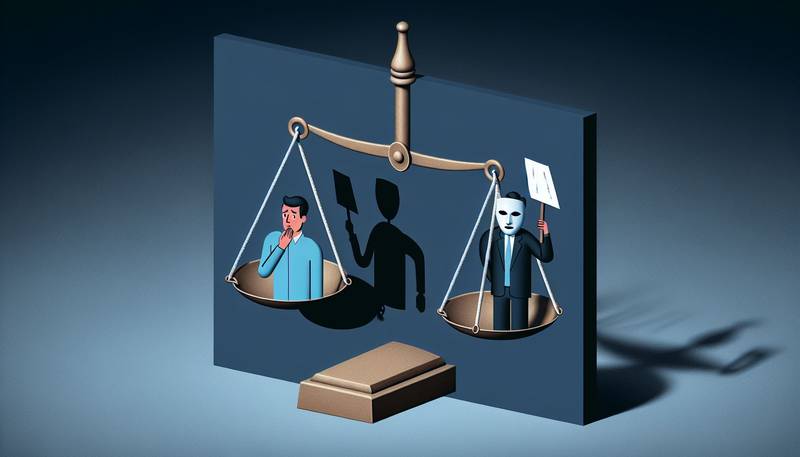
Insurance Fraud: The Impact on Policyholders and How to Protect Yourself
- 2024-02-13T00:00:00Z

Health Insurance Explained: What You Need to Know to Protect You and Your Family
- 2024-03-06T00:00:00Z

Auto Insurance: Tips for Choosing the Right Coverage and Saving Money
- 2024-01-30T00:00:00Z

Supplemental Insurance: Filling the Gaps in Coverage
- 2024-01-26T00:00:00Z
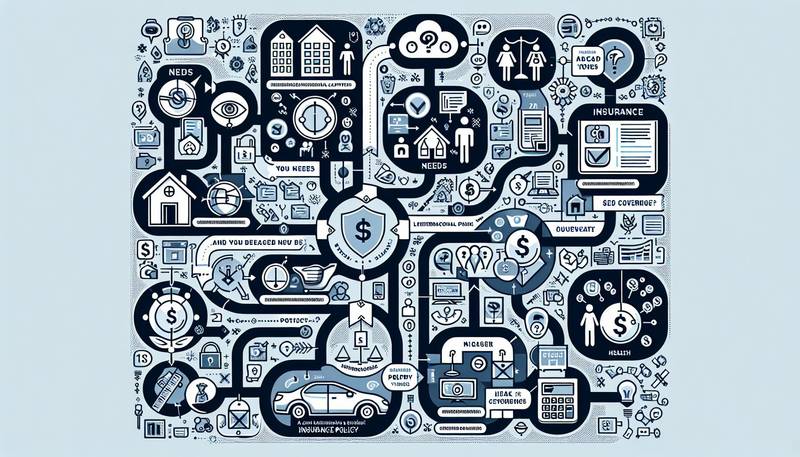
How to Choose the Right Insurance Policy for Your Needs
- 2024-01-30T00:00:00Z

The Role of Insurance in Mitigating Financial Risk
- 2023-12-06T00:00:00Z

Understanding the Basics of Insurance: A Beginner's Guide
- 2024-03-04T00:00:00Z
 InsurePath: Navigating Your Way to Peace of Mind
InsurePath: Navigating Your Way to Peace of Mind